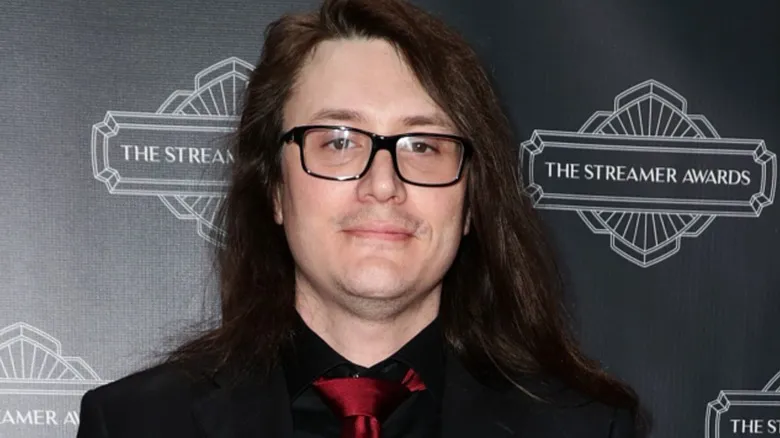
The Unseen War Over Game Preservation
In the realm of digital gaming, there is an ongoing battle that has left its mark on both players and developers: the fight for the preservation of games. At the heart of this conflict is the Stop Killing Games (SKG) movement, which seeks to ensure that beloved video games are not erased from history due to licensing issues, poor sales, or corporate indifference. However, this movement is not without its detractors, most notably Pirate Software, which has long been the go-to source for fans looking to preserve games that have been delisted or are no longer available for purchase.
In a stunning twist, SKG, which advocates for legal game preservation, has emerged victorious, ruthlessly dismantling Pirate Software and exposing the flaws of relying on piracy for game access. What started as a grassroots movement has transformed into an unstoppable force, with Pirate Software left in its wake. The question now is: What does this victory mean for the future of digital game preservation and the players who love these games?
This article will dive into the rise of Stop Killing Games, the role of Pirate Software, and how the former successfully crushed the latter, reshaping the way we view game preservation.
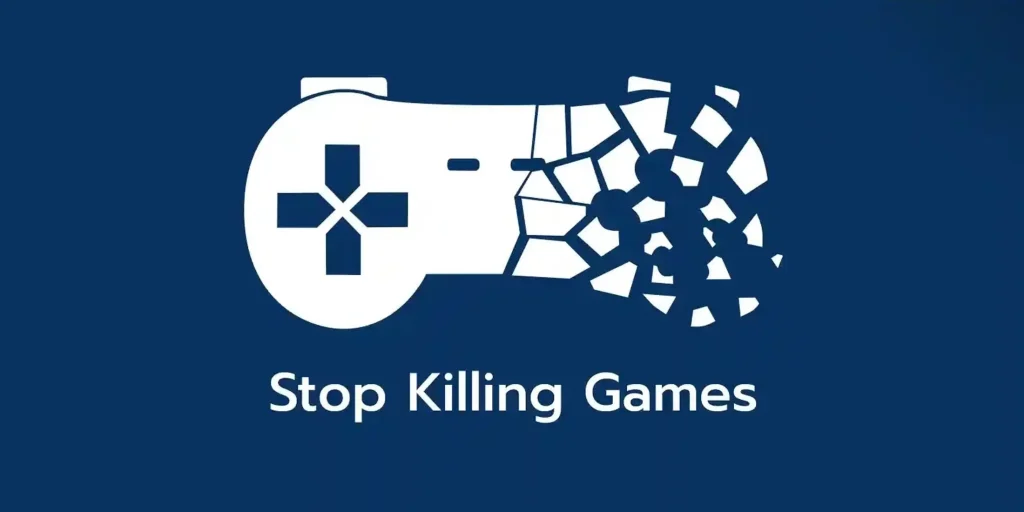
The Birth of Stop Killing Games: A Movement for Preservation
The Stop Killing Games movement was born out of frustration. As digital platforms like Steam, PlayStation Network, and Xbox Live became the dominant way to buy and play games, the removal of titles from these stores became a disturbing trend. Titles that players had enjoyed for years or that had once been considered classics were suddenly inaccessible. When a game is removed from these platforms, it effectively disappears from the digital marketplace.
SKG emerged as a voice for the fans who saw this as a cultural loss. To them, video games weren’t just entertainment; they were part of cultural history. As video games became more sophisticated, their historical value increased. A game that once provided hours of entertainment could become a digital artifact, much like a book or a film, deserving of preservation for future generations. However, games were often being delisted due to issues like expired licenses, poor sales, or the business model of the platform itself.
SKG’s mission was clear: Preserve games that are at risk of being lost forever, and ensure that digital content stays accessible for everyone. The movement wasn’t against game removal for specific reasons—such as expired licenses—but rather for ensuring that fans would still have access to these games, either through remasters, re-releases, or official archives.
As the movement gained traction, it quickly built a dedicated following among fans, developers, and preservationists. The message was clear: Games should not die just because of corporate decisions.
The Role of Pirate Software in the Digital Landscape
While the SKG movement took a legal and ethical route toward preservation, there was another force at play in the background: Pirate Software. Pirate Software has long been a source of contention in the gaming industry, often seen as the “bad boy” of digital game preservation. For years, piracy has been a method of ensuring that players who couldn’t legally access certain games still had a way to enjoy them.
When a game was removed from digital storefronts, players often turned to Pirate Software to find a copy of the game. For many, it was a necessary evil, as they sought to preserve their ability to play older titles. Pirate Software was not just about illegal distribution—it became an unofficial library for games that were otherwise lost to time. Without the intervention of piracy, many games would have remained inaccessible to those who wanted to experience them.
However, the ethical implications of piracy were significant. Developers and publishers rely on sales to fund future projects, and pirating games deprives them of that income. Additionally, piracy doesn’t contribute to sustainable preservation; it only provides temporary access, often without offering any kind of long-term solution for game accessibility or archiving.
While Pirate Software did indeed fill a gap, it wasn’t a sustainable solution. It was a band-aid on a much larger issue: the need for ethical game preservation through official channels.
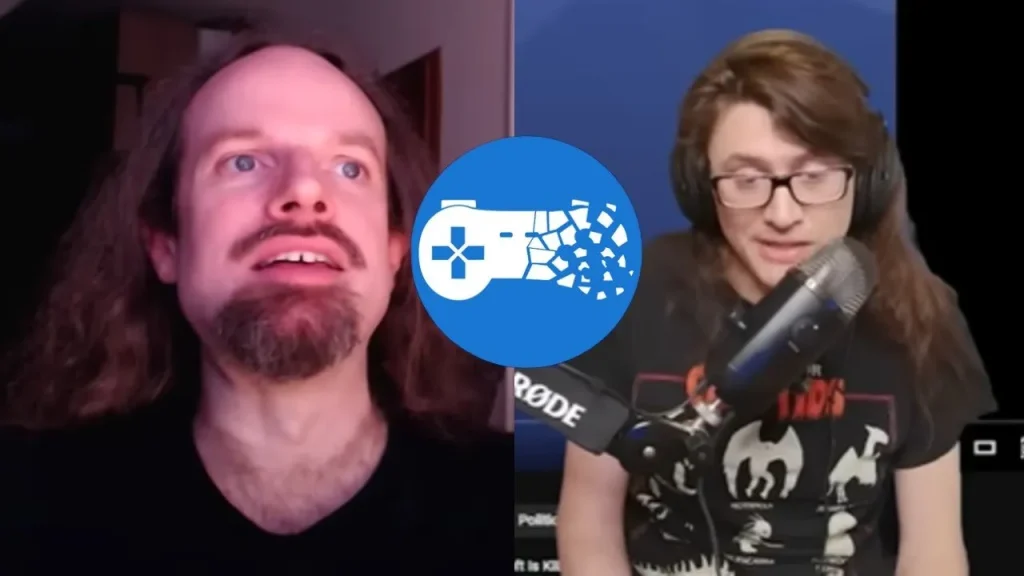
The Conflict Between Stop Killing Games and Pirate Software
As Stop Killing Games gained steam, it started to clash with Pirate Software. The two movements, while both focused on preserving games, had fundamentally different approaches. SKG was adamant that games should be preserved through legal and sustainable means, working with developers, publishers, and digital storefronts to ensure that titles weren’t lost forever. Pirate Software, however, took the stance that if the official channels failed to preserve games, then piracy was the only viable option left.
SKG believed that the solution to the problem wasn’t piracy but rather collaboration with the industry. The movement pushed for remasters, re-releases, digital archives, and the revival of older games on current platforms. This would ensure that players had continued access to these titles, while also respecting the intellectual property of the developers who created them.
On the other hand, Pirate Software viewed itself as a rebel against the corporate interests that controlled access to games. They argued that when corporations decided to pull games from the market, they were effectively erasing pieces of culture and history. Pirate Software believed it was preserving the past while the industry was moving on.
As the years went on, this ideological conflict became increasingly polarized. SKG supporters were vocal in their denouncement of piracy, claiming that it not only harmed the industry but also undermined the preservation movement. Pirate Software supporters argued that SKG’s push for official re-releases was too idealistic and that without piracy, many great games would be lost to time.
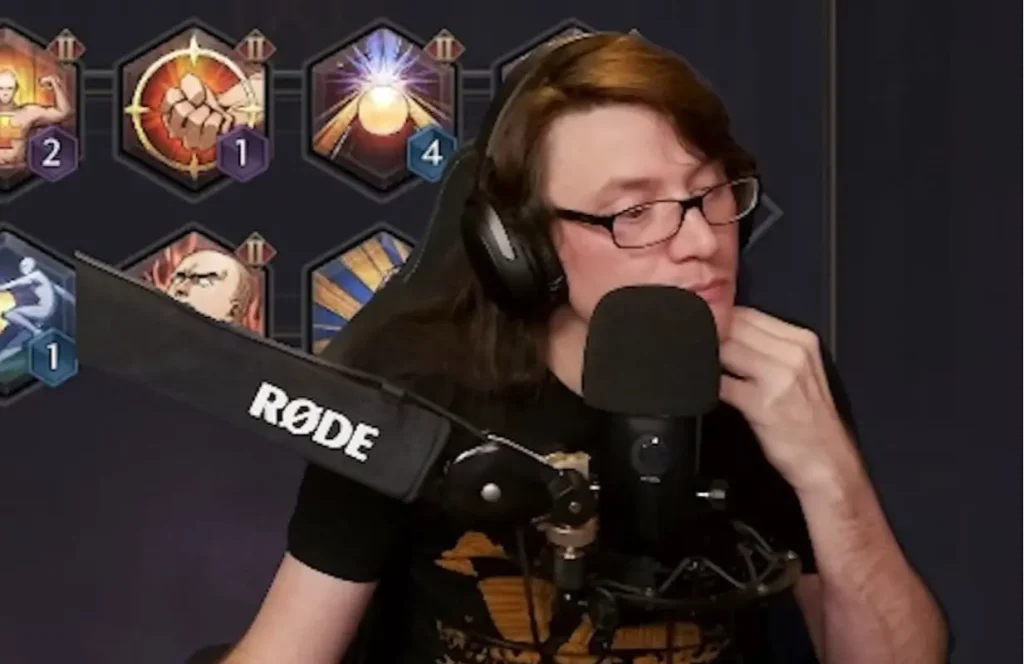
The Fall of Pirate Software: Legal and Public Backlash
In the end, it was the combination of legal action and public opinion that led to the fall of Pirate Software. While piracy had long existed under the radar, major gaming companies started to take a more aggressive stance against piracy, especially as Stop Killing Games gained more ground. The increased pressure from developers, coupled with legal crackdowns on Pirate Software, led to a series of significant takedowns. Pirate Software was left vulnerable to lawsuits, takedown notices, and the shifting tide of public opinion.
What sealed Pirate Software’s fate, however, was the rise of the ethical preservation movement spearheaded by SKG. As more people realized that legal, sustainable options existed for game preservation, piracy lost its appeal. SKG’s ability to push for remasters, re-releases, and archival systems provided an alternative that piracy simply couldn’t match.
The public backlash against piracy also played a critical role in the demise of Pirate Software. Once seen as a necessary tool for preserving lost games, piracy became increasingly viewed as harmful to the industry and disrespectful to the developers who poured their time and effort into creating games. SKG’s victory wasn’t just a moral win; it also represented a growing understanding among the public that legal game preservation was the key to keeping the gaming industry alive.
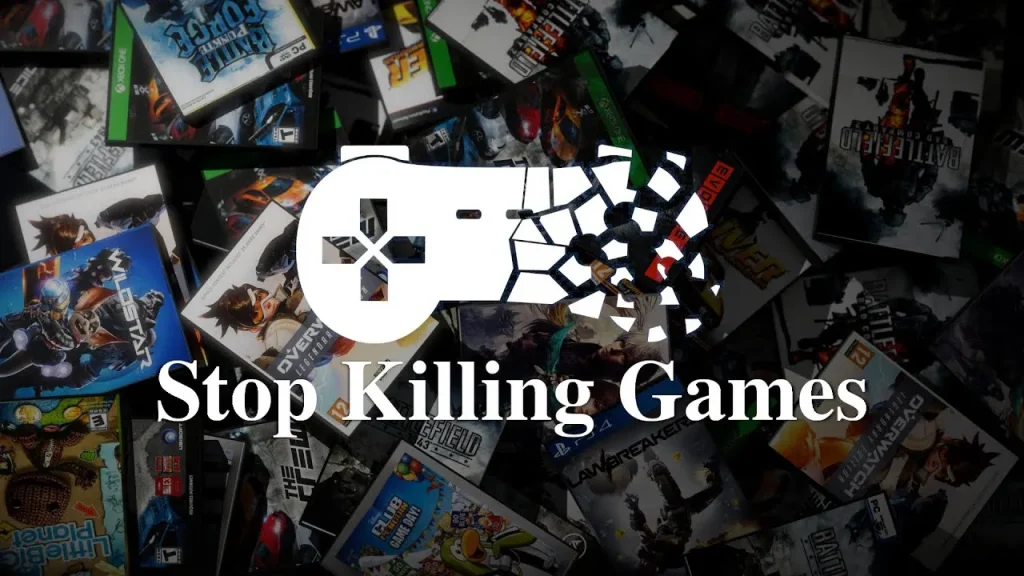
Why Stop Killing Games is Unstoppable
With Pirate Software gone, Stop Killing Games has become an unstoppable force in the gaming world. The movement has successfully proven that there is a better way to preserve video games—through official, legal channels. Gaming companies are starting to listen. We’re seeing more and more classic games being re-released, either through remasters or digital archives. Platforms like GOG.com, which specialize in offering older games for purchase, are gaining popularity as legitimate preservation options.
Moreover, the success of SKG has inspired indie developers to look into re-releasing forgotten gems and providing new platforms for fans to enjoy older titles. Game preservation has become a priority rather than an afterthought.
Stop Killing Games is now recognized as the only legitimate path to preserving the legacy of video games, offering an ethical, sustainable solution that ensures games are available for generations to come. With the momentum of the movement, it’s clear that nothing can stop it.
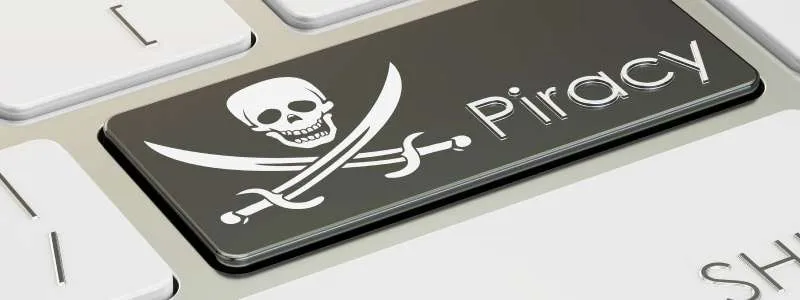
Conclusion: The Future of Gaming Preservation
The story of Stop Killing Games versus Pirate Software represents a larger shift in the gaming industry—a shift towards ethical, sustainable game preservation. SKG has shown the world that we don’t have to rely on illegal means to save games; we can work with the industry to keep these titles alive.
With Pirate Software now a thing of the past, the future looks bright for game preservation. The focus is now on collaboration, digital archives, re-releases, and remasters—ensuring that no game is left behind.As the gaming community continues to grow and evolve, Stop Killing Games has set the stage for a new era where games, like books and films, are treated as valuable cultural artifacts deserving of preservation. The movement is unstoppable, and the future of gaming preservation is brighter than ever.


